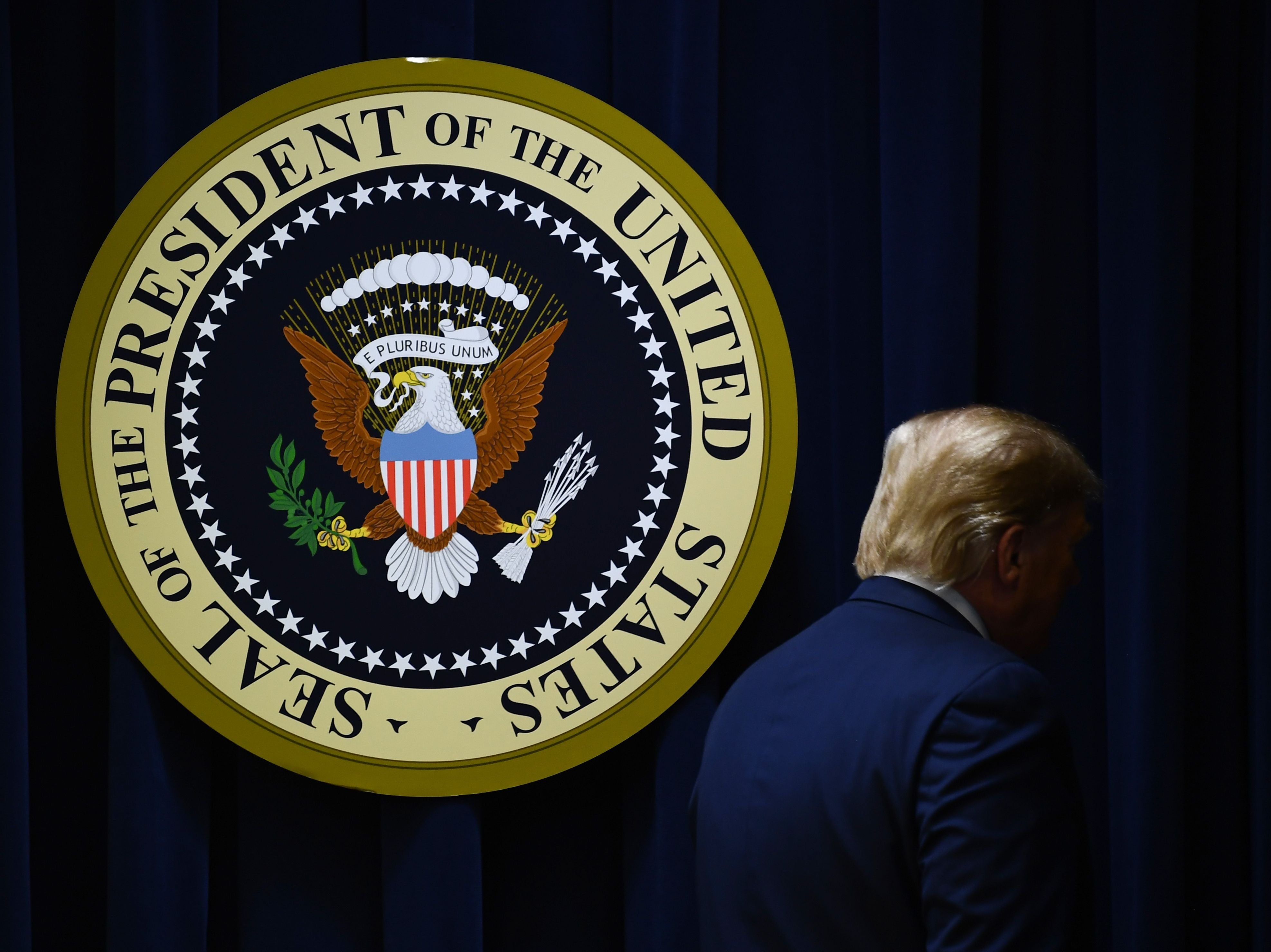Is Biden facing the hardest presidential transition in history?
With the animosity between the two parties and the overwhelming pressure of the pandemic, the 46th president is being set up for a very difficult start, writes Sean O'Grady


Until now, there has been remarkably little argy-bargy in the handover of power between presidents, at least in modern times. There is usually a certain froideur left over from a highly partisan campaign – nothing new there – because the winner will inevitably have spent months trashing the record of the incumbent, whether they’re retiring or, even worse, trying to get another term.
Apart from that natural tension, the only serious disruption was in 2000-01, when Bill Clinton gave way to George W Bush, after a famously narrow victory. And when the “Dubya”, the new president, and his team arrived in their offices after inauguration day on 20 January, they discovered that many of the keyboards had had the letter W removed, as well as other such pranks; the kind of thing Tim used to do to Gareth in The Office. The damage ran to about $14,000 and presidents since have frowned on such misbehaviour.
Until now, that is, when the obstruction is complete. Arrangements for a peaceful and smooth transition of power are set out in the 20th amendment to the US constitution and the 1963 Presidential Transition Act. They are also governed by the convention that one of the candidates makes a formal concession, marking the cue for the Washington bureaucracy to start work. This is facilitated by the General Services Administration, GSA, which provides offices, kit and funds. However, the head of the GSA, Emily Murphy, either cannot or will not authorise that disbursement of resources until Donald Trump concedes. That, it seems, will take some time.
So the Biden team now being assembled will not have easy access to officials or information, let alone sensitive briefings. This would have been a problem in most years. In 1980, for example, it might have hindered attempts to free American hostages in Tehran, but the ayatollahs deliberately waited until the very moment Ronald Reagan took over on inauguration day to free them, just to spite and humiliate Jimmy Carter.
The current Covid crisis makes the transition delays even more serious. Usually, such events tend to encourage bipartisanship, but of course the handling of the “China virus”, as Trump called it, became an extremely contentious election issue, maybe decisively. It is also difficult to see why, on his own terms, Trump would wish to help a man who didn’t beat him, but “stole” the election in a major act of corruption. The feeling of resentment between Joe Biden and Donald Trump may now be growing mutual as the current president takes his case to court and, through mass rallies, to the country, impeding the democratic will of the nation. But it’s Trump’s call.
The US tradition of a long transition – there are around 70 days still to go – is not universal. Many countries have a clean break between administrations, with only some informal civil service briefings for opposition politicians before polling day signals “all change”. As in Britain, a more independent civil service machine with fewer political appointments makes for a quieter transition. It also means a losing side has less time for mischief – and Trump has the time and power to issue pardons, start wars, fire some employees and generally cause trouble for his successor.
Even though the formal Trump-Biden transition is stalled, there is nothing to prevent figures such as Anthony Fauci from speaking informally to the president-elect and his colleagues, as they might, say, to a journalist “off the record”. But classified and sensitive matters, and especially security intelligence, would remain off-limits, at least formally. Given that the range of court cases planned by the Trump campaign may take weeks to settle, the Biden team’s ability to plan for its first “hundred days”, will be severely curtailed. In a time of pandemic, it will cost lives; but unlike allegations about the conduct of elections, there is no remedy available through the courts, or, apparently, via political pressure.


Join our commenting forum
Join thought-provoking conversations, follow other Independent readers and see their replies
0Comments